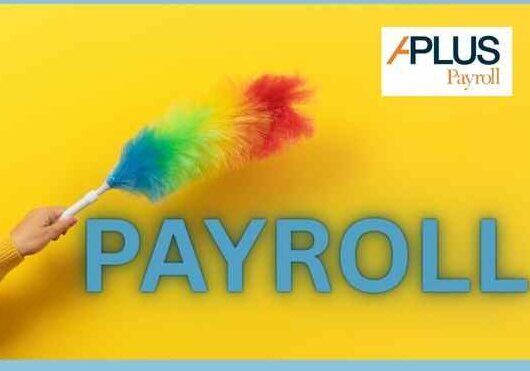Want to Manage Generation Z Effectively? Think Like a Gamer!
by Paul Devlin
Understanding and engaging Generation Z employees has become a critical aspect of effective management. Born between the late 1990s and early 2010s, Gen Z has grown up in a digital era, leading to distinctive characteristics, work habits, and relationships with technology. Managers can gain a significant advantage by adopting a gamer’s mindset and utilizing gamification techniques to motivate and engage these younger employees.
Understanding Generation Z
Key Characteristics:
- Tech-Savvy: Gen Zers are digital natives who are comfortable with technology and expect it to be a central part of their work environment.
- Independent: They value autonomy and the ability to work independently but seek support when needed.
- Seek Purpose: This generation looks for meaningful work that contributes to their personal and professional growth.
- Crave Instant Feedback: Accustomed to the instant feedback loop of social media, they appreciate rapid responses to their work performance.
Work Habits and Relationship with Technology:
- Gen Z prefers flexible work arrangements and is adept at using various digital platforms for communication and learning.
- They tend to multitask and switch between tasks quickly, though this may sometimes affect deep concentration.
- For Gen Z, technology is not just a tool but an integral part of their lives, influencing how they interact, learn, and solve problems.
Leveraging Gamification Techniques
Managers can significantly improve their approach by implementing gamification in the workplace — applying game design elements in non-game contexts to motivate participation, engagement, and loyalty.
Practical Advice for Managers:
-
Set Clear Goals and Challenges: Just like in games, clear objectives give players (employees) a sense of purpose. Break down projects into manageable milestones with specific goals, creating a pathway of challenges that are rewarding to overcome.
-
Immediate Feedback and Rewards: Incorporate immediate feedback on task completion and milestone achievements. Utilize rewards that are meaningful to Gen Z employees, such as skill development opportunities, public recognition, or virtual rewards.
-
Encourage Team Collaboration: Many games are built around team play; similarly, encourage collaboration among employees through team-based challenges or projects. This fosters a sense of community and shared purpose.
-
Foster a Safe Environment to Fail: In gaming, failure is often seen as a step towards mastery. Create an environment where mistakes are part of the learning process, encouraging innovation and risk-taking without fear of negative repercussions.
-
Personalization and Choice: Offer choices in how tasks are approached or completed, allowing employees to personalize their work and methods. This autonomy is highly motivating and mirrors the customizable nature of many video games.
Benefits of Gamification in the Workplace
Adopting gamification can lead to:
- Increased employee engagement and motivation.
- Improved productivity and efficiency.
- Enhanced learning and skill development.
- A positive and collaborative work environment.
By thinking like a gamer, managers can unlock new ways to motivate, engage, and understand Gen Z employees, leading to a more dynamic, productive, and satisfying work experience for everyone.
This article does not constitute legal advice. For additional information please also reference related articles in your APlus HR resource center or ask your friendly APlus CSS about our On-demand HR live advice line where, for a small fee, you can be connected to a certified HR advisor.




